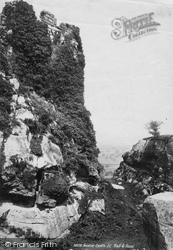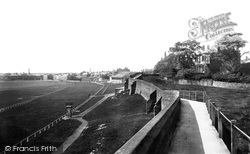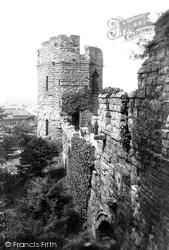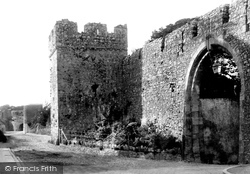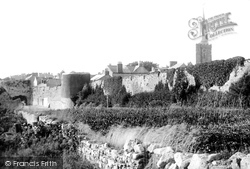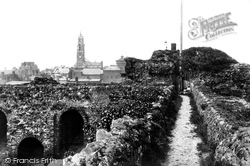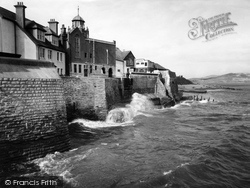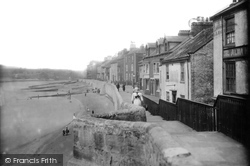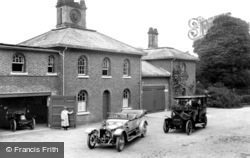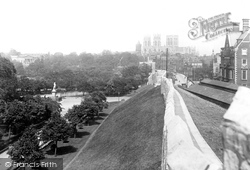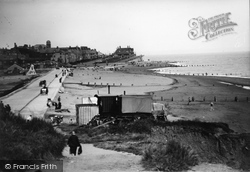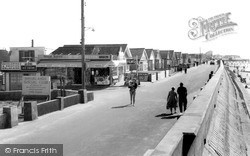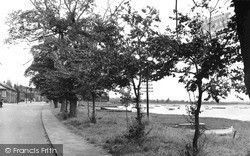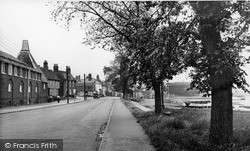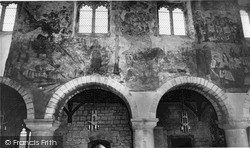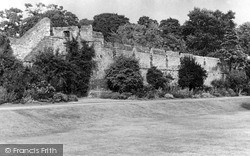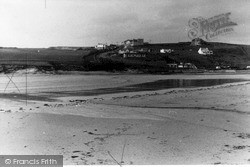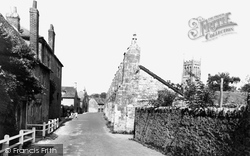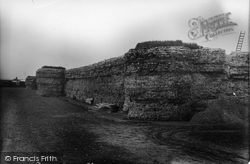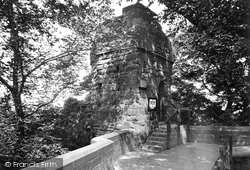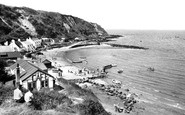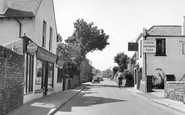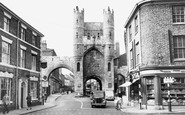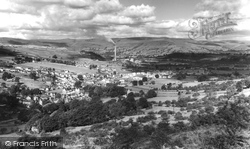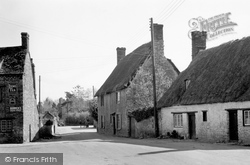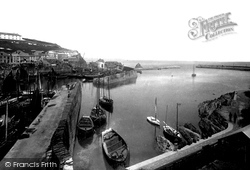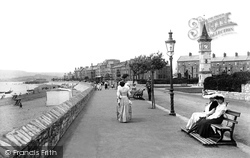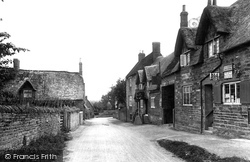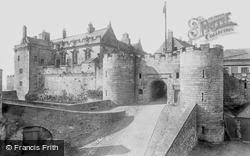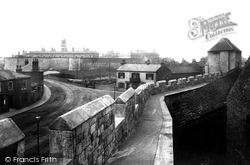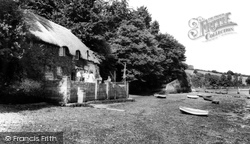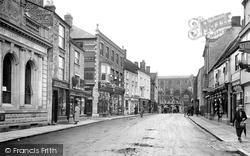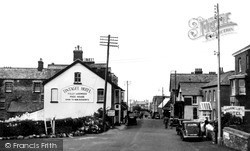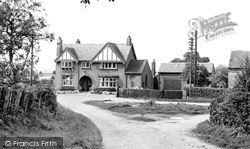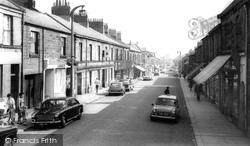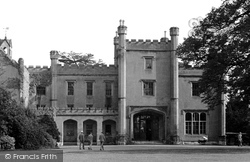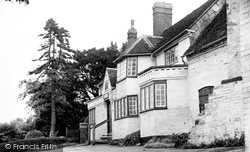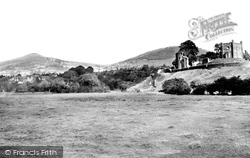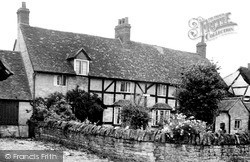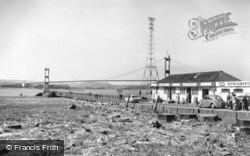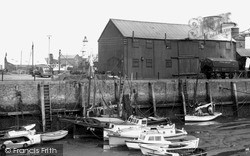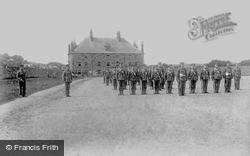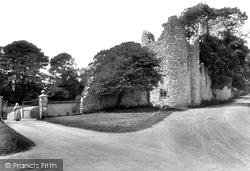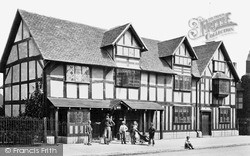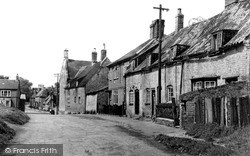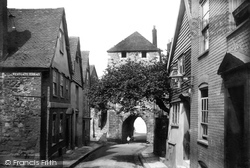Places
25 places found.
Those places high-lighted have photos. All locations may have maps, books and memories.
- East Wall, Republic of Ireland
- Pell Wall, Shropshire
- Wall, Northumberland
- Heddon-on-the-Wall, Northumberland
- Walls, Shetland Islands
- Wall, Cornwall
- Wall, Staffordshire
- East Wall, Shropshire
- Wall End, Kent
- Hobbs Wall, Avon
- Wall Bank, Shropshire
- Wall Nook, Durham
- Knowl Wall, Staffordshire
- Hazelton Walls, Fife
- Wall Mead, Avon
- Mid Walls, Shetland Islands
- Greetland Wall Nook, Yorkshire
- Aston le Walls, Northamptonshire
- Wall Heath, West Midlands
- Wall Hill, Greater Manchester
- Wall End, Cumbria (near Millom)
- Wall under Heywood, Shropshire
- Dale of Walls, Shetland Islands
- Bridge of Walls, Shetland Islands
- Hole-in-the Wall, Hereford & Worcester
Photos
516 photos found. Showing results 341 to 360.
Maps
172 maps found.
Books
Sorry, no books were found that related to your search.
Memories
1,989 memories found. Showing results 171 to 180.
Happy Times
During the last war my father served in the Merchant Navy and saw Aberdaron from the sea, that was to be the beginning of many trips and a life-long love of the village. I started going to Aberdaron at about the age of six and have been ...Read more
A memory of Aberdaron by
Nefyn Beach
The beach cafe shown in the photo entitled 'the anchorage' was owned and run by my aunts, the Misses Miriam and Evelyn Wales, whose father moved to Morfa Nefyn in the late 1800s to take charge of the cable station linked to Ireland. Also my ...Read more
A memory of Nefyn in 1940 by
The Sompting General Supply Stores.
I have a photocopy of a photograph of the General Supply Stores, Sompting, dated around 1913, showing the owners, J and A White, proudly standing outside, one with a little dog at his feet, the other holding his ...Read more
A memory of Sompting in 1910 by
Reedham Orphanage
My father died just before I was born and my mother had to put my brother and I into Reedham orphanage. I was still on a potty as I remember complaining that I was now old enough to go on the toilet and have some privacy. I remember ...Read more
A memory of Purley in 1956 by
Memories Of Benson
My memories of Benson started in 1946/7 when we moved to Sunnyside, which in those days did not have the recreation field. Nor did the village have street lighting apart from a couple in the High Street, one of which was on the wall ...Read more
A memory of Benson in 1947 by
High Street
I can remember being taken shopping in the High Street, to Sainsbury's before it was a supermarket. There were tiled floors and walls, wooden counters with cheeses, cold meats and bacon, and the assistants wore their hair in nets or hats. ...Read more
A memory of Ashford in 1956 by
Childhood
My father came to Townsend Farm as the tenant in Sept 1940. The farmhouse is shown on the left in the picture titled Townsend. At that time I was only 15 months. My earliest memories are of the later war years. We had evacuees from ...Read more
A memory of East Quantoxhead in 1940 by
Brixham
Coming to Brixham from just outside of London as an 11 year-old was a real culture shock. New smells (fish!) new sounds (seagulls) and new faces (the inhabitants of the south west certainly have distinct facial features...to say nothing of the ...Read more
A memory of Brixham in 1880 by
I Lost My Ball
Remember when I went for a walk with Nana and lost my ball off the edge.
A memory of Newquay in 1969 by
On My Way Into Town Or To Visit My Friend Steve Flanagan
Having lived in the U.S now for 35 years this photo makes me very homesick as I haven't seen the old place since 1972! I remember walking down Lord Mayor's Walk and turning the corner next to the ...Read more
A memory of York in 1962 by
Captions
1,668 captions found. Showing results 409 to 432.
Note the narrow walled fields leading off from the village street, which echo medieval strip cultivation. In the background is the Lose Hill-Back Tor ridge.
The peace and tranquillity of Botley all changed in 1964 when major development took place. Today, the village is a thriving suburb of Oxford, with many shops, banks and offices.
In calm weather, the rocky sea front of the outer harbour can be used safely to secure boats before embarkation - a source of interest to people seated along the jetty wall. Mevagissey
The building of the sea wall and the Esplanade beyond gave a new opportunity for promenading.
The village Post Office on the right has a small sign attached to the wall which reads 'Post Office for money orders, savings bank, parcel post, telegraph, insurance and annuity business'.
The main gatehouse was supported by flanking half-drum towers and the curtain wall had a rectangular tower at each end, though they were of different sizes due to the geography of the site.
The forbidding walls that surround the castle can be seen in the background. Originally there were six postern towers; the one at Fishergate is now the only one that remains unaltered.
This beautiful cottage still stands, largely unaltered apart from a little pruning of the creeper on the walls and the trees to the left.
The massive bulk of the ancient abbey walls rise close the vista in the distance.
In the foreground is a crumbling wall of the medieval Outer Ward, and on the headland behind is the monstrous hotel built by the London & South Western Railway Co at the end of the 19th
In the 19th century the Bank House brewed its own beer: the wall and steps of the malt kiln and the cellar can be seen on the right.
On Queen Street are the scant remains of the medieval manor house that once belonged to Tynemouth Priory: a fragment of wall and a 15th-century window.
Here we have a closer view of the impressive entrance to Nonsuch Park Palace, with its stuccoed white walls and the prominent three-storey central tower incorporating angle buttresses, battlements and
In the 19th century the Bank House brewed its own beer: the wall and steps of the malt kiln and the cellar can be seen on the right.
A less widely used path is that below the castle walls on the right, which winds around from the main entrance to Mill Street.
Warwickshire`s vernacular architecture characteristically uses a mixture of building materials; with stone in the Cotswolds, for instance, and an abundance of timber in the formerly well
As the bridge nears completion, the writing is on the wall for regular ferry services on the Severn.
Warwickshire's vernacular architecture characteristically uses a mixture of building materials; with stone in the Cotswolds, for instance, and an abundance of timber in the formerly well-wooded areas of
The drying nets on the harbour wall, and a rich assortment of small fishing boats and pleasure craft moored at low water, provide evidence of the demand on its facilities.
On the wall of the barracks in the background are two targets, presumably for rifle practice. Surely they are a little too close to the windows!
The construction of Penrice took place over about fifty years, beginning in c1250 with a stone round keep, followed by curtain wall, gatehouse, two round towers and five small turrets.
The walls were, and to some extent still are, covered with the signatures of visitors, though a great many have been whitewashed over. Some visitors even scratched their names on the window panes.
Note the cross-shaped ends to the tie-bars which help prevent the walls from bowing out on the house next to the telegraph pole, and on the next but one along.
Westgate offers some idea of what it would have been like to live beside the city walls. The portcullis was removed in 1744 when it became 'a nuisance, and of no manner of use'.
Places (25)
Photos (516)
Memories (1989)
Books (0)
Maps (172)


